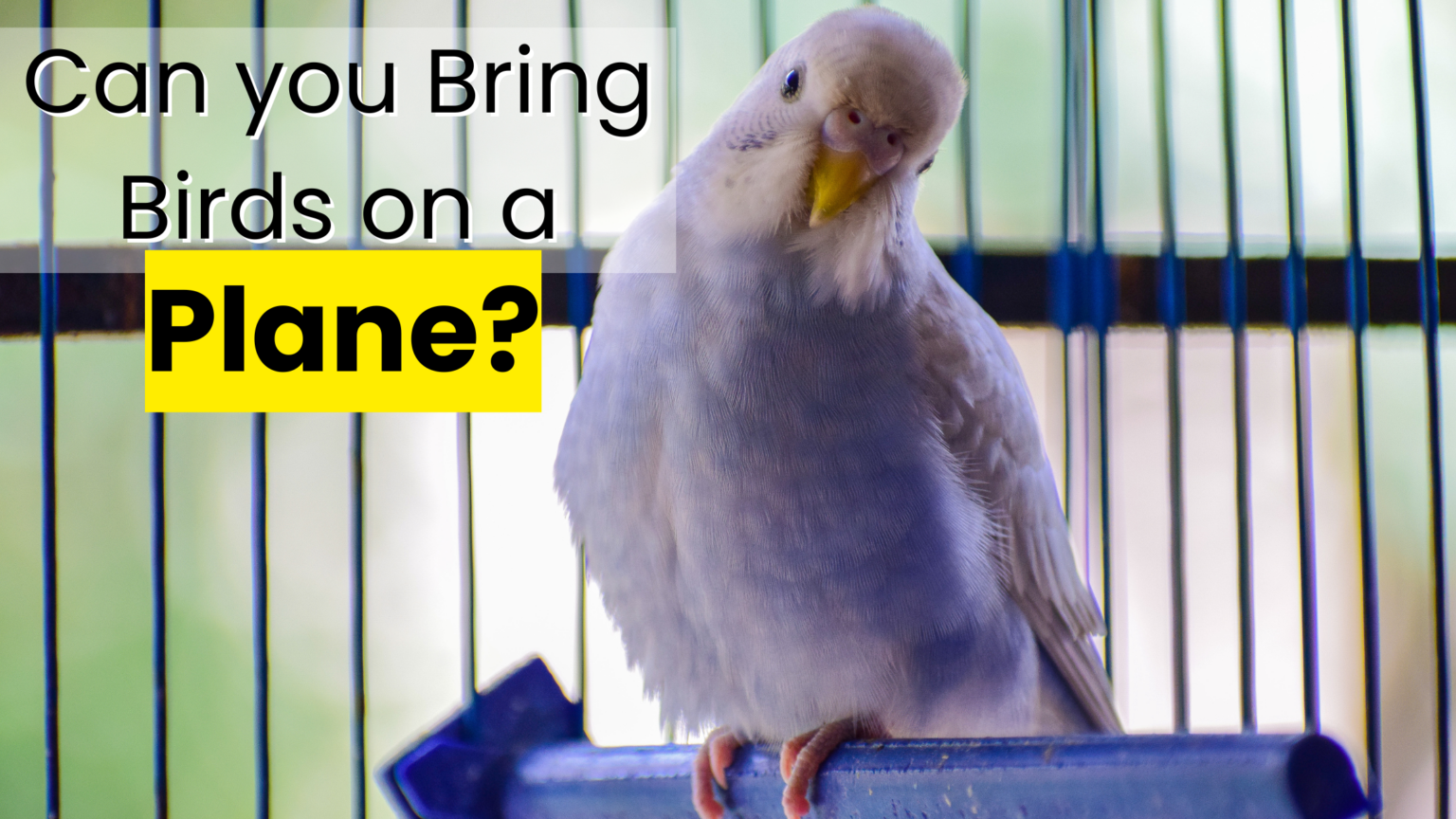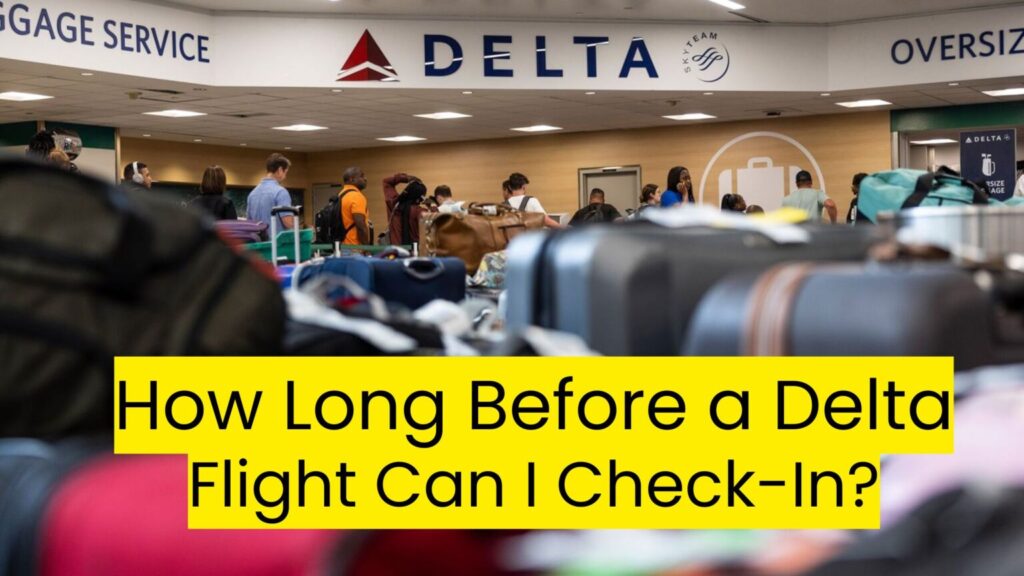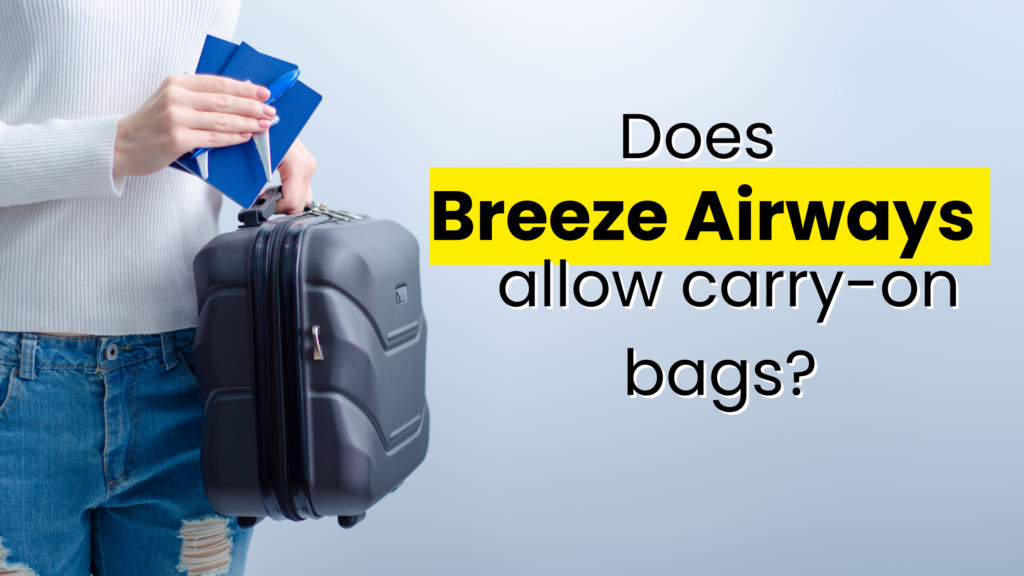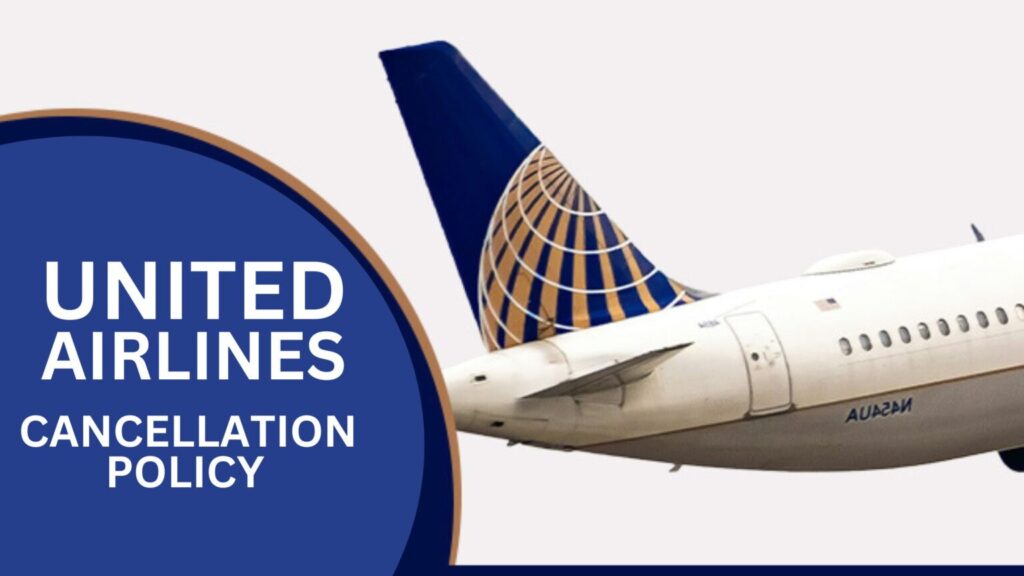Yes, it is possible for more inquiries or for flight booking, you can always call +1-844-987-7030
If you’re a bird owner planning to fly, you might wonder, “Can I bring birds on a plane?” The good news is that many airlines allow passengers to travel with their feathered friends. However, policies, guidelines, and legal requirements vary by airline, making it essential to be well-informed about carrier specifications and required documentation. This article explores airline rules and regulations and offers steps to ensure a smooth journey for you and your bird.
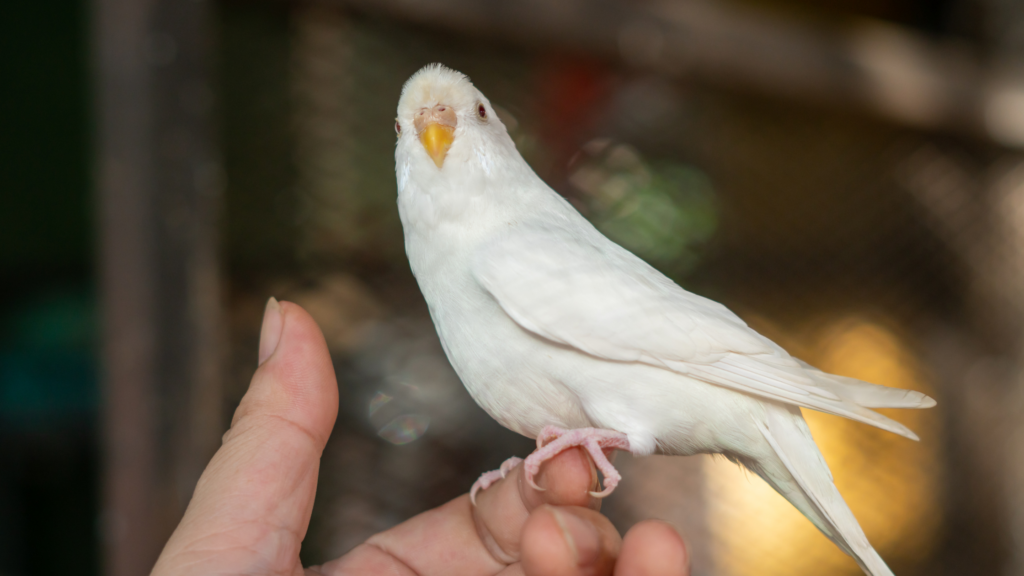
Can You Bring Birds on a Plane? Types of Birds Allowed
Airlines have specific rules regarding the types of birds they permit on board, often distinguishing between domestic, exotic, and wild species.
Domestic Birds vs. Exotic or Wild Species
- Domestic Birds: Small birds like parakeets, canaries, and finches are commonly allowed in the passenger cabin or as checked baggage.
- Exotic or Wild Birds: Larger birds, such as macaws, cockatoos, or birds of prey (e.g., falcons), face stricter regulations. These birds are typically restricted to the cargo hold or may be entirely prohibited, depending on the airline and destination.
Specific Birds Typically Allowed
Small to medium-sized birds like budgies, finches, lovebirds, and canaries are generally permitted in the cabin, provided they fit within carrier size limits and proper documentation is provided. Larger birds often require cargo transport.
Restricted Species
- Poultry (chickens, ducks, turkeys) is generally not allowed on passenger flights.
- Falcons may be permitted on specific routes with airlines like Qatar Airways but under strict conditions.
- Birds of prey, such as hawks and eagles, are frequently prohibited due to security concerns.
Always confirm the airline’s policies regarding your bird’s species before booking.
How Different Airlines Handle Bird Travel
Traveling with your pet bird can be a daunting task, especially when navigating the specific rules and guidelines of various airlines. Airlines have distinct policies regarding bird travel, whether for domestic journeys or international flights. Below, we explore how United Airlines, Southwest Airlines, and JetBlue Airlines handle bird travel to help you plan your journey seamlessly.
United Airlines
United Airlines allows small birds to travel in the cabin with their owners, provided they meet certain criteria.
- Pet Carrier Requirements: Birds must remain in an airline-approved carrier that fits under the seat in front of you.
- Booking: Advance reservations are necessary, as United limits the number of pets allowed per flight.
- Fee: A pet travel fee applies, which varies depending on your destination.
It’s crucial to ensure your bird remains calm throughout the flight to avoid any inconvenience to fellow passengers.
Southwest Airlines
Southwest Airlines is known for its pet-friendly policies, and small domesticated birds are welcome in the cabin.
- Approved Routes: Bird travel is permitted only on domestic flights.
- Carrier Specifications: Carriers must meet size requirements and be well-ventilated.
- Limitations: Only one pet carrier is allowed per passenger, with a maximum of two birds per carrier.
Southwest’s reasonable pet fees and friendly service make it a popular choice for bird owners.
JetBlue Airlines
JetBlue Airlines caters to bird owners looking for a smooth travel experience with their pets.
- Pet Fee: A fixed fee is charged per flight segment.
- Carrier Rules: Birds must be kept in a soft-sided, leak-proof carrier that fits under the seat.
- Travel Restrictions: Birds are allowed on domestic flights only.
JetBlue also offers perks like extra legroom, which may enhance comfort for you and your feathered friend.
Key Tips for Traveling with Birds
- Book Early and Confirm Policies
- Airlines often limit the number of pets allowed on board. Confirm your bird’s eligibility for cabin or cargo transport.
- Verify documentation requirements, including health certificates and permits.
- Prepare Your Bird Before Travel
- Feed your bird a light meal a few hours before departure.
- Ensure proper hydration but avoid feeding during the flight unless necessary. Include small fruits or vegetables in the carrier for long trips.
- Handle Layovers Effectively
- Confirm your bird’s eligibility for layover flights.
- Use designated pet relief areas to provide a break for your bird while ensuring it remains securely in its carrier.
With careful planning and adherence to airline regulations, flying with your bird can be a stress-free experience. Always prioritize your bird’s comfort and safety by researching thoroughly and preparing ahead of time.
Frequently Asked Questions
Can we take birds on a plane?
Yes, it is possible to bring birds on a plane, but this depends on the airline’s regulations and the type of bird. Many airlines allow small birds to travel but require specific documentation, such as health certificates or permits. Always verify the airline’s policy in advance. For more information, call +1-844-987-7017.
What airlines can you fly with a bird?
Several airlines permit flying with birds, including American Airlines, Frontier Airlines, Qatar Airways, and Emirates. However, each airline has unique guidelines regarding:
- Bird species allowed.
- Carrier dimensions and requirements.
- Documentation such as veterinary health records.
Before booking, confirm the exact requirements with the airline or contact +1-844-987-7017 or visit www.ualreservations.com for assistance.
Can birds fly in a plane?
Yes, birds can fly in a plane either in the cabin or as checked baggage, depending on the airline’s policies and the bird’s size. Ensure the bird is comfortable and meets all airline regulations before your journey. For detailed advice, call +1-844-987-7017.
Do birds have a flight limit?
Yes, birds on planes may face flight time restrictions due to airline regulations and their well-being. Typically, airlines limit flights with birds to under 12 hours, but this can vary based on the bird’s needs and the airline’s rules. For specific information, reach out to +1-844-987-7017.
